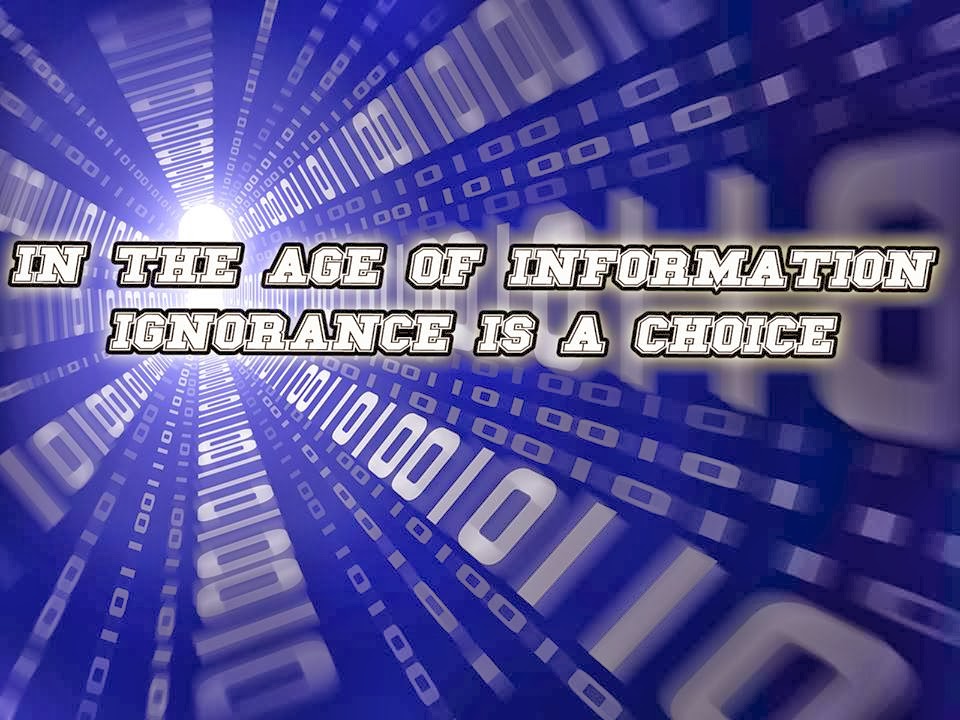Killer Combo of High Gas, Food Prices at Key Tipping Point
The combination of rising gasoline prices and the steepest increase in the cost of food in a generation is threatening to push the US economy into a recession, according to Craig Johnson, president of Customer Growth Partners.
Johnson looks at the percentage of income consumers are spending on gasoline and food as a way of gauging how consumers will fare when energy prices spike.
With gas prices now standing at about $3.90 a gallon, energy costs have now passed 6 percent of spending—a level that Johnson says is a "tipping point" for consumers.
"Energy is not quite as essential as food and water, but is a necessity in today's economy, and when gasoline costs more than bottled water—like now—then it takes a huge bite out of disposable spending," he said, in a research note.
Of the six US recessions since 1970, all but the "9-11 year 2001 recession" have been linked to—of not triggered by—energy prices that crossed the 6 percent of personal consumption expenditures, he said. (During the shallow 2001 recession, energy prices had risen to about 5 percent of spending, which is higher than the long-term 4 percent share.)
What may make matters worse this time around, is there has been a steep increase in food prices that occurred as well. In other recent recessions food costs were benign, at between 7.5 percent and 7.8 percent of spending.
This year food prices have climbed 6.5 percent since the beginning of early January, according to Consumer Growth Partners.
"The combined increase in the necessities of food and energy creates a harsh double whammy for already stressed consumers," Johnson said. The last time this happened was in the recession that lasted from 1973 to 1975.
Johnson estimates that food and energy eat up about 15 percent of consumer spending at today's prices, compared with about 12.7 percent two years ago.
Of course, at lower income levels, these percentages are much higher. One sign of the stress some consumers are already feeling is that some AAA offices have already seen an increase in out-of-gas service calls, as motorists try to put off filling their tanks or drive around trying to seek out the gas station with the least expensive price.
Also some regions are being hit harder than others. Gas prices in Hawaii continue to set new highs, according to AAA data. The average price on Wednesday was $4.51, topping the prior record of $4.50 for a gallon of regular unleaded set in July 2008.



No comments:
Post a Comment